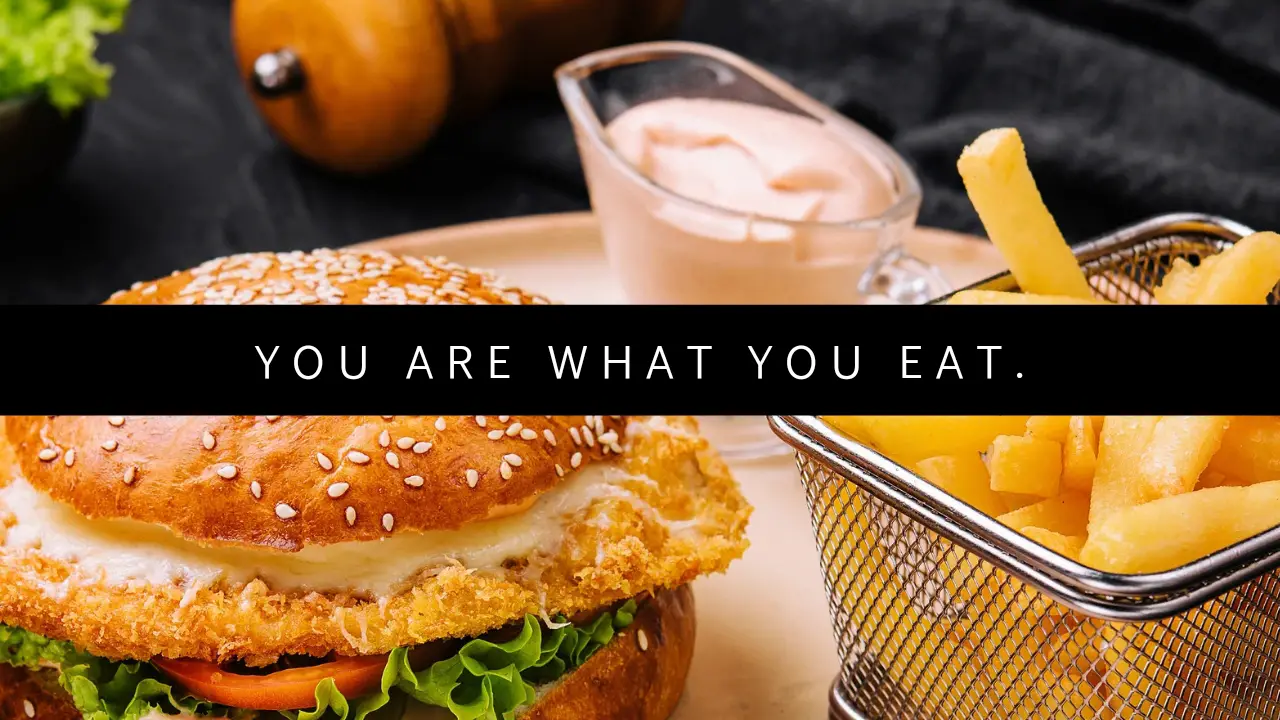Diabetes is a complicated metabolic disorder that can affect different aspects of a person’s health. Halitosis, which is commonly referred to as bad breath, is one of the potential symptoms of this condition. This introduction provides a brief overview of the connection between diabetes and halitosis.
Often we ignore certain symptoms that could be a sign of severe medical conditions like diabetes. Here are some of the most ignored signs and symptoms;
1. Does diabetes cause a fruity smell?
Fruity breath odour can be a sign of certain medical conditions, and it is often associated with a condition called ketosis. Ketosis occurs when the body starts using fat for energy instead of carbohydrates, leading to the production of ketones. The fruity smell is attributed to the presence of acetone, one of the ketones, which is released through the breath.
Reasons why someone might experience ketosis and fruity breath, include:
- Low-carbohydrate diets: Following a very low-carbohydrate diet, such as a ketogenic diet, can induce ketosis as the body relies on fat for fuel.
- Diabetes: In individuals with diabetes, particularly diabetic ketoacidosis (DKA), the body may produce excessive ketones, leading to fruity breath. DKA is a serious condition that requires immediate medical attention.
- Starvation or fasting: Extended periods without food can also lead to ketosis and fruity-smelling breath.
What is ketoacidosis?
Usually, the body gets energy by burning off glucose from the Carbohydrate foods that we eat.
However, when the body doesn’t get enough glucose, in this case, because of diabetes, it’s forced to burn off fats, which leads to a build-up of ketone bodies, hence diabetes ketoacidosis.
This acetone smell / fruity smell is one of the very first symptoms of diabetes especially in children (type 1 diabetes) that is alongside other symptoms like;
- Extreme thirst.
- Frequent hunger.
- Fatigue.
- Unexplained weight loss.
Strict dieting like being on a ketogenic diet (high fat, low carbohydrate diet) can have the same effects in causing ketoacidosis. As the presence of high fat makes the body burn too much fat and not Carbohydrates.
This too can lead to the build-up of ketone bodies hence the fruity breath.
How do you prevent fruity breath| bad breath
- Regular Dental Hygiene:
- Brush your teeth at least twice a day, preferably in the morning and before bedtime.
- Use fluoride toothpaste and a soft-bristled toothbrush.
- Don’t forget to brush your tongue to remove bacteria.
- Flossing:
- Floss daily to remove plaque and food particles between your teeth that brushing alone might miss.
- Mouthwash:
- Use an antimicrobial or antibacterial mouthwash to kill bacteria and freshen your breath.
- Rinse your mouth after meals when brushing is not possible.
- Stay Hydrated:
- Drinking plenty of water helps prevent dry mouth, which can contribute to bad breath.
- Water helps flush out bacteria and food particles from your mouth.
- Healthy Diet:
- Avoid strong-smelling foods like garlic, onions, and certain spices.
- Eat a balanced diet with plenty of fruits and vegetables.
- Limit Sugar Intake:
- Sugary foods can contribute to the growth of bacteria in the mouth. Limit your intake of sugary snacks and drinks.
- Tobacco Cessation:
- If you smoke or use tobacco products, quitting can significantly improve your breath and overall oral health.
- Regular Dental Checkups:
- Visit your dentist for regular checkups and cleanings.
- Chew Sugar-Free Gum:
- Chewing gum (sugar-free) can help stimulate saliva production, which helps wash away bacteria.
- Check for Medical Conditions:
- Fruity breath can sometimes be a symptom of a medical condition like diabetes. If you notice a persistent fruity or unusual breath odor, consult with a healthcare professional.
2. Why are your toes Numb and tingly?
When you sit on your leg for too long, you may feel numbness [unable to feel anything in a particular part of the body], which will quickly go away once you shift positions.
But if the numbness or tingling doesn’t go away, then there is usually a problem.
Does diabetes cause tingling/ numb toes?
When your blood glucose levels remain high, over a long period of time. It can easily lead to a complication called peripheral neuropathy.
The uncontrolled blood glucose levels can easily damage the nerves and affect their normal functioning. And that is what will lead to peripheral neuropathy.
In people living with diabetes, proper foot care is highly encouraged, in order to prevent cuts and wounds.
When you have peripheral neuropathy, you will barely feel any pain when you step on sharp things or get cuts, and this can easily cause wounds that take too long to heal.
What to do
- Maintain your blood glucose levels at a normal range, at all times.
- Change your diet, to one that doesn’t cause sudden spikes in blood glucose levels.
- Be active and exercise often, to keep blood flowing and nerves working appropriately.
Other causes of tingly or numb toes could be;
- Poor Circulation: Reduced blood flow to the feet and toes can lead to numbness and tingling. This may be caused by conditions such as peripheral artery disease (PAD) or atherosclerosis
- Anaemia or vitamin B12 deficiency.
- Medications side effects.
- Too much alcohol leads to vitamin deficiencies.
- Footwear: Wearing shoes that are too tight or that compress the nerves in the feet can lead to temporary numbness.
3. Bedwetting especially in older children.
Bedwetting happens in children and even in adults. The causes of bedwetting are different depending on every individual.
Bedwetting in children can be expected, but when your child isn’t bedwetting, and suddenly starts to bed wet. Then you are right to question an underlying problem.
Type 1 diabetes often presents with bedwetting as one of the very first symptoms. Children who also pass too much urine than usual must be screened for diabetes.
Diabetes happens when the body is unable to produce enough insulin to get the glucose from the bloodstream to your cells and muscles.
The glucose then remains in the blood, forcing your kidneys to flush it out, which often leads to frequent urination.
Other symptoms of type 1 diabetes;
- Unexplained weight loss.
- Frequent thirst and hunger.
However, bedwetting can also be caused by having a small bladder or uterine tract infection.
4. Drooling.
Children always pass saliva unintended. and drooling can just be caused by sleeping, teething, or eating food that is spicy.
But what if it happens more than usual, or it starts to happen later and not at the drooling age? Then it could be a sign of developmental delays in children like in children with cerebral palsy.
Other causes of drooling
- Medications side effects.
- Acid reflux.
5. Black stool. Why is my poop black?
You know the colour of poop, don’t you? When you notice the change in colour it usually will raise eyebrows. A black stool (melena) can be scary, and should never be ignored.
Why is my poop black? Melena
Melena, or black stool, can indicate bleeding in the upper digestive tract. The black color results from the breakdown of blood in the digestive system.
- It could be because of a stomach ulcer that is bleeding. a black stool is a common symptom in people who later get diagnosed with stomach ulcers.
- Taking iron supplements for anaemia (when you have a very low Hb) can also be a common cause of black stool.
- Certain types of cancers like oesophageal or gastric cancer can also cause really black stool.
These are just a few of the very many symptoms that are often ignored, be very keen with unusual signs and symptoms as they can lead to an early diagnosis.
Discover more from Simple Nutrition
Subscribe to get the latest posts sent to your email.


